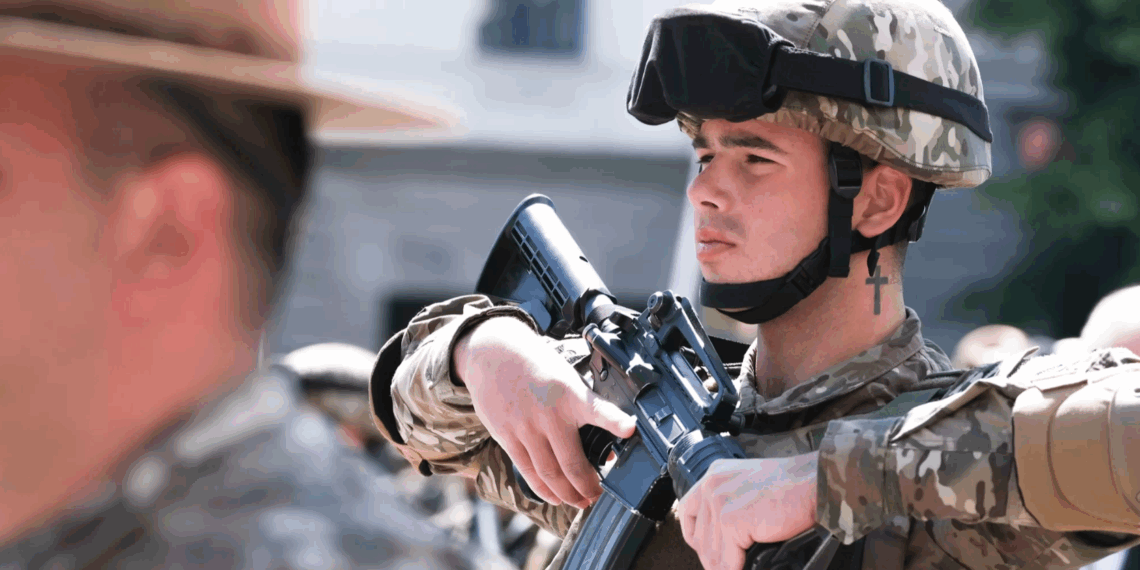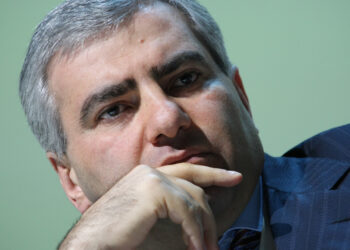TBILISI (Realist English). Georgian Foreign Minister Maka Bochorishvili has reiterated her country’s determination to join the North Atlantic Treaty Organization (NATO), dismissing Russia’s longstanding objections and pushing back against emerging calls to halt the alliance’s eastward expansion.
Speaking to Imedi TV, Bochorishvili stressed that Georgia’s aspiration to become a NATO member remains unchanged and is formally anchored in the country’s constitution. “Russia’s attitude toward NATO enlargement is not news. Nor is it news that we have always viewed NATO as our security umbrella,” she said.
Her remarks come amid new tensions surrounding NATO enlargement. Keith Kellogg, the U.S. special representative under President Donald Trump, said in a recent interview with ABC that Washington might be open to discussing a halt to further NATO expansion as part of negotiations over Ukraine. He acknowledged Russia’s concerns over the bloc’s reach to its borders.
Bochorishvili responded firmly, saying that Georgia has done everything required to qualify for NATO membership and now awaits political commitment from the alliance itself. “If accession depended solely on Georgia, we would have joined NATO in 2008 — or even earlier,” she said. “What’s missing is not Georgia’s readiness, but the political will from NATO members.”
Georgia, alongside Ukraine, received a political pledge of future NATO membership at the alliance’s 2008 Bucharest summit. However, neither country has been granted a formal Membership Action Plan (MAP) or a timeline for accession.
The foreign minister noted that Georgia is at least as prepared as the Balkan states that have already joined NATO, citing the country’s long-standing cooperation with the alliance and its defense reforms.
Bochorishvili’s comments also arrive as Western enthusiasm for Georgia’s Euro-Atlantic integration has cooled. Over the past two years, both Brussels and Washington have increasingly criticized the Georgian government over concerns regarding democratic backsliding, its warming ties with China, and a foreign policy approach seen as accommodating Russian interests.
Despite this, Tbilisi remains resolute. “Georgia’s NATO membership is not just a political ambition — it is a constitutional commitment,” Bochorishvili said, adding that any effort to roll back NATO’s open-door policy would effectively reward Russian coercion.
Russia, in the months leading up to its 2022 invasion of Ukraine, had demanded that both Georgia and Ukraine formally renounce NATO membership, a position rejected by both countries.
For now, however, Georgia’s path to NATO remains in political limbo, caught between its own readiness and growing geopolitical hesitations in the West.


















